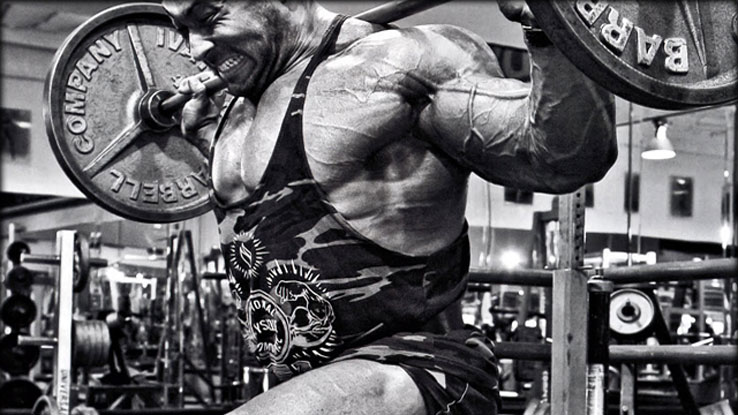You need a PhD to understand that workout. “If Tuesday is this and you did that before then …” I lift weights for the reason that I like things to be simple. In fact, on that topic, how come I’ve met powerlifters so dumb they can’t tie their own shoelaces yet they understand Conjugate training? I’ve got a masters degree and I don’t understand Conjugate training
Amen
And unless I’m missing something there isn’t even an RPE assigned to the rep ranges.
My response:
“Give it a go!”
My thoughts:
I did have to read it a couple times, but I don't think it's that complex. It's definitely not any more complex than some of the SF programs I've read on the site.
-Each week, you do up to five sessions, or more if you can recover
-The first day of the week, you do sets of 3 at a relatively high intensity ( assuming you've been training for 3+ years, which most of us have)
-Each session
for the week, you add 3 (or more if you can handle it) reps per set. As the reps per set increase, you decrease the intensity of the exercise either by reducing weight or changing the exercise itself.
-You use his table to determine a total volume range (reps times sets)
for each session ( for 3+yr. training age, that's 24-32 total reps).
From the article:
"The key point is that you should stay on the lower end of the set-rep volume range for the lower rep/higher load workouts; and stay on the higher end of the spectrum for the higher rep/lower load workouts."
So you're basically doing low-rep, higher weight earlier in the week, and then progressively, over the week, reducing the load and increasing the volume. Then he basically says to do the compound versions of the exercises as their own session, and do the single-joint stuff alongside your other training.
Having read other stuff by Waterbury regarding high frequency training, the common points seem to be:
- Movement variability. That is, if you're training "pressing muscles" just do different kinds of presses: pushups, HSPU, military press, dips. . .
-Progression by adding volume
-Varying the load
In other words, "you can do the same thing every day, as long as you don't do the same thing every day."
The ONE thing I didn't understand (if it was even included) was how to progress the program over time. I understand the weekly progression, but the week-to-week progression didn't seem to be included.

 www.t-nation.com
www.t-nation.com




